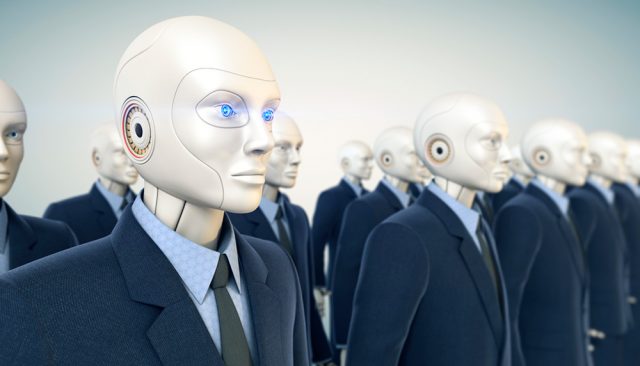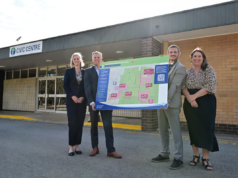
Workplaces won’t be filled with terminator robots standing around the office water cooler speaking in binary code about their weekends anytime soon according to a Curtin University computing professor.
Artificial intelligence expert Associate Professor Mihai Lazarescu said robotics had a long way to go before it started replacing entire workforces.
He was responding to a recent international survey that showed four out of 10 young people believed machines would be able to do their jobs within the decade.
Assoc Prof Lazarescu said while some jobs would go over the decade in manufacturing there was still some way to go before robots became viable in other industries like construction.
“In the next five years we’re going to see significant changes but not the changes that five million jobs are gone overnight,” he said.
“What people have to realise is this research has been happening since the 1980s.
“Robots are good at doing things which can be automated but do not require a bit of adjustment on the spot.
“The people who are worried about their jobs need to think carefully whether they took a long time to learn the skills necessary to do it.
“I think most people think the robot will take two minutes to learn.
“I work in artificial intelligence, in an area where you’re effectively trying to get machines to learn, it’s not easy.
“For basic stuff when you try to pick up a box from a table you don’t have problems, it’s much harder for a robot.
“We are nowhere near robots that can actually adjust by themselves.”
Assoc Prof Lazarescu said popular automation technology like driverless cars was also still problematic.
He said for whole occupations to be worried there had to be an industry push towards automation.
“There was a lot of research and funding going into fixing things like vehicles driving themselves because the military was interested,” he said.
“To have somebody replace people like bricklayers you have to have a concerted effort to solve those problems.”













